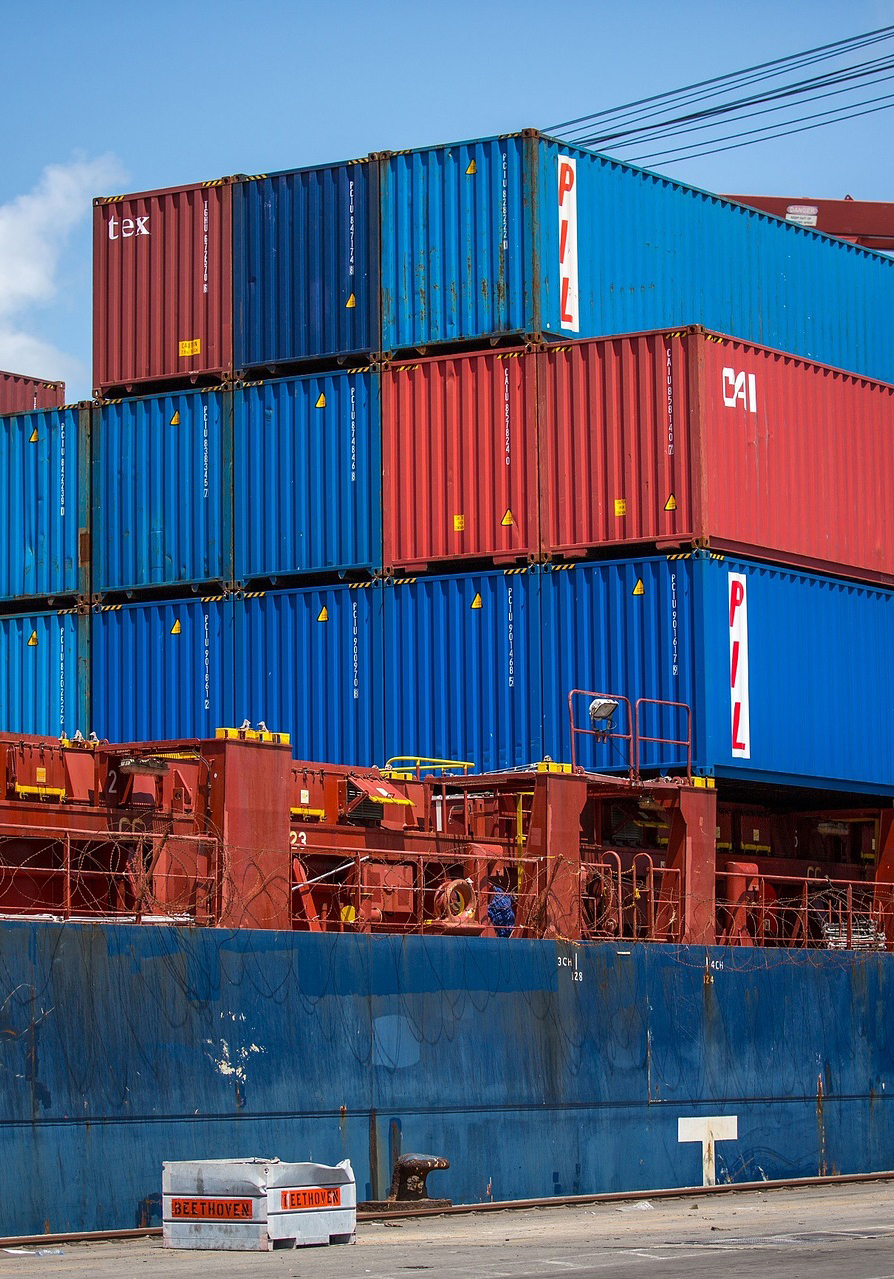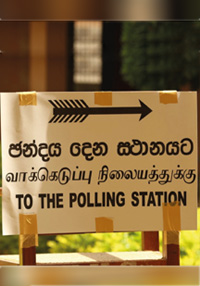The Framework Convention on Tobacco Control (FCTC) is the world’s first public health treaty and was adopted by the WHO in 2003 at the 56th World Health Assembly. Article 6 of the FCTC focuses on the use of tobacco taxation and pricing as an important measure for reducing the demand for tobacco.
Every year, on the 31st of May, the World Health Organisation (WHO) and partners mark World No Tobacco Day. This day is set apart to highlight the health risks associated with tobacco use and to advocate for effective policies to reduce tobacco consumption. According to WHO “Tobacco kills nearly six million people each year, of which more than 600,000 are non-smokers dying from breathing second-hand smoke”. This is not just a global problem but also a problem for Sri Lanka. Due to poor management of taxation not only have cigarettes become more affordable, but the tax share of the under-priced cigarettes has also declined. Two things have resulted from that: first, consumption of cigarettes have begun to increase (it went up by almost 10% in 2015). Second, potential tax revenues are being lost to government and transferred as income to the producer. This is both a health issue and an issue of public finance for Sri Lanka. Therefore, the Sri Lankan parliament has a responsibility to oversee the taxation measures and address the bureaucratic discretion that is eroding the benefits of public health and public finance.
This report is Verité’s latest study on the Sri Lankan government’s commitments on reconciliation and accountability. The report assesses progress in the fulfillment of 36 commitments made in UNHRC Resolution 30/1 (co-sponsored by Sri Lanka) and in the implementation of 189 recommendations of the Lessons Learnt and Reconciliation Commission (LLRC).
Sri Lanka’s exports as a share of GDP has declined from 33% in 2000 to 13% in 2015. One of the solutions has been to diversify Sri Lanka’s markets. This is because over 50% of Sri Lanka’s exports go to the EU and the United States; and India and China absorb only 7% and 2.9% respectively. A previous Verité Insight titled “Solving dilemma of export diversification” pointed out that the bottleneck might not be in a narrow set of markets, but in a narrow set of products. Over 50% of Sri Lanka’s exports are Apparel and Tea, and the markets Sri Lanka accesses are appropriate to these products. Therefore, solving the export problem requires giving attention to diversifying products as well, not just the markets. The present analysis looks at the success of product diversification with regard to exports to India – signaling both a diversification from traditional markets and traditional products. This success in diversification, however, conceals some vulnerability. A majority of the products Sri Lanka is exporting to India are overly dependent on preferential trade terms with India – so they succeed only in India. This makes them vulnerable on two counts: the reversal of preferences, or the…
Elected officials and selected bureaucrats are given a huge amount of power to act on behalf of the public – modern democracies function on this basis: that citizens hand over their power to elected representatives. But how can citizens then protect themselves against those individuals misusing that power? This is the perennial problem of governance. The simple answer that is given to this question of governance, is “elections” – that elections ensure the displacement of politicians who violate the public trust, and thus create political incentives for better behaviour. This Insight provides an example, which explains why the answer cannot be that simple – the behaviour of officials during elections can both abuse public trust, as well as benefit these officials politically. As such, other governance solutions are needed.
බලය බෙදාහැරීම පිළිබද දේශපාලනික සම්මුතියක් නියෝජනය කෙරෙන ව්යවස්ථා ප්රතිසංස්කරණ යෝජනාවලියක් සකස් කිරීම සදහා හිටපු ජනපති මහින්ද රාජපක්ෂ විසින් 2006 ජූලි මාසයේ දී, සර්ව පාක්ෂික නියෝජිත කමිටුව කැදවන ලදී. මෙතෙක් ජාතික ගැටලුව සදහා සුදුසු පිළිතුරක් ලබා ගැනීමට නොහැකිව කෙළවර වුනු රාජ්ය ප්රයත්නවල නවතම පියවරයි.
This report examines the key features and functions of a Mixed-Member Proportional (MMP) electoral system that needs to be considered when engaging in electoral system reform. It provides recommendations that address the President’s election campaign promises on electoral reform. It further reveals the MMP system as the only electoral system that can adequately fulfil the twin imperatives of reintroducing smaller single member (and several multi member) electoral districts and preserving proportional representation (PR) in voting outcomes as outlined in President Maithripala Sirisena’s Election Manifesto








